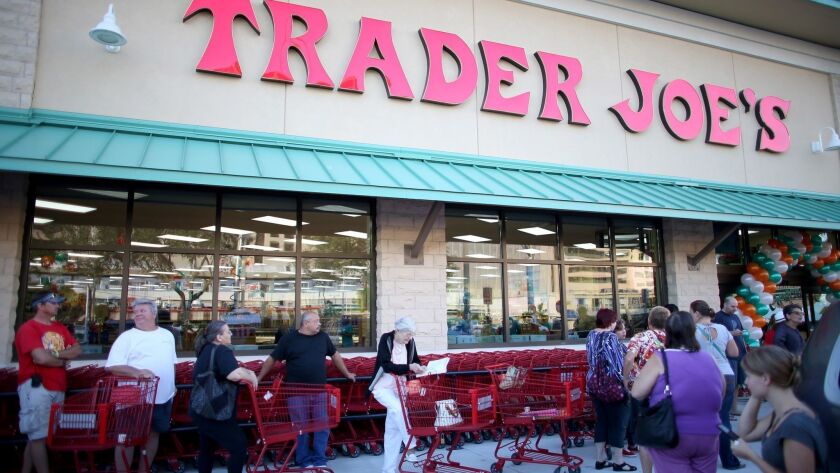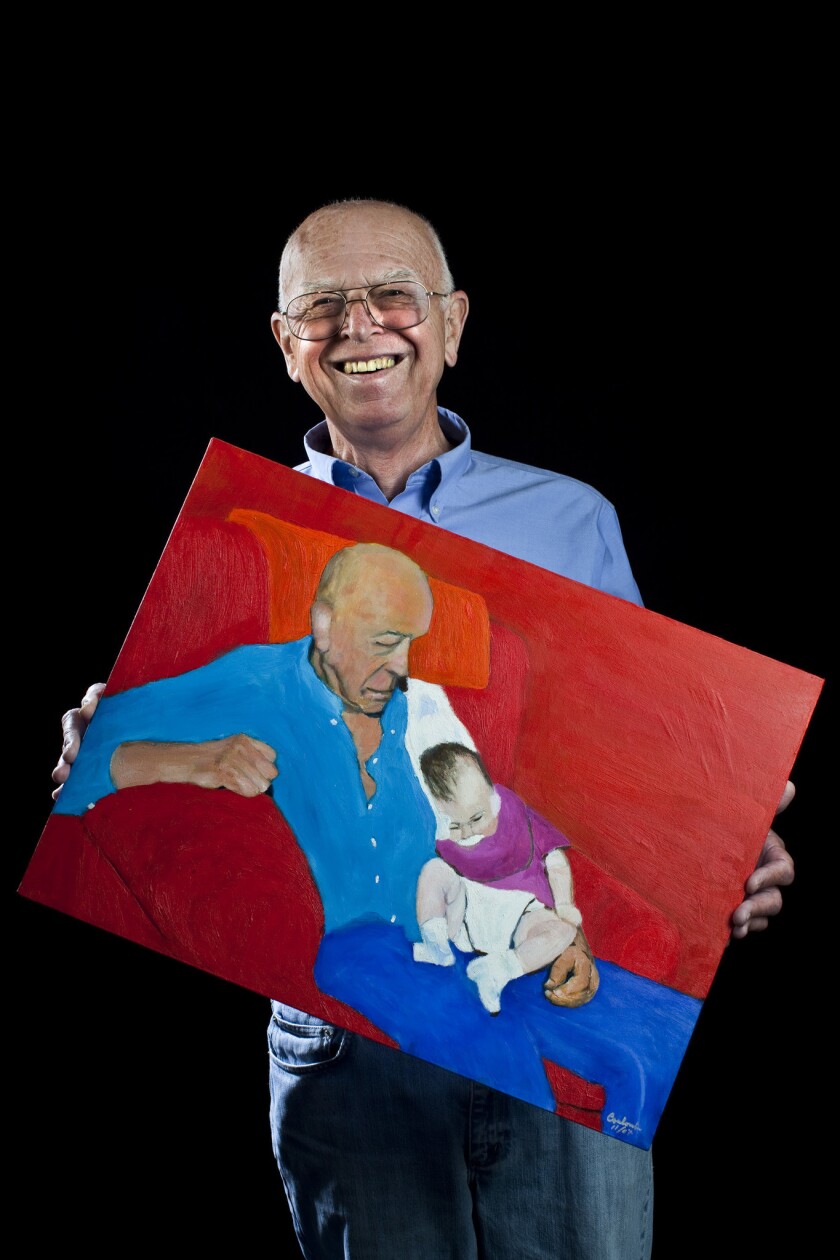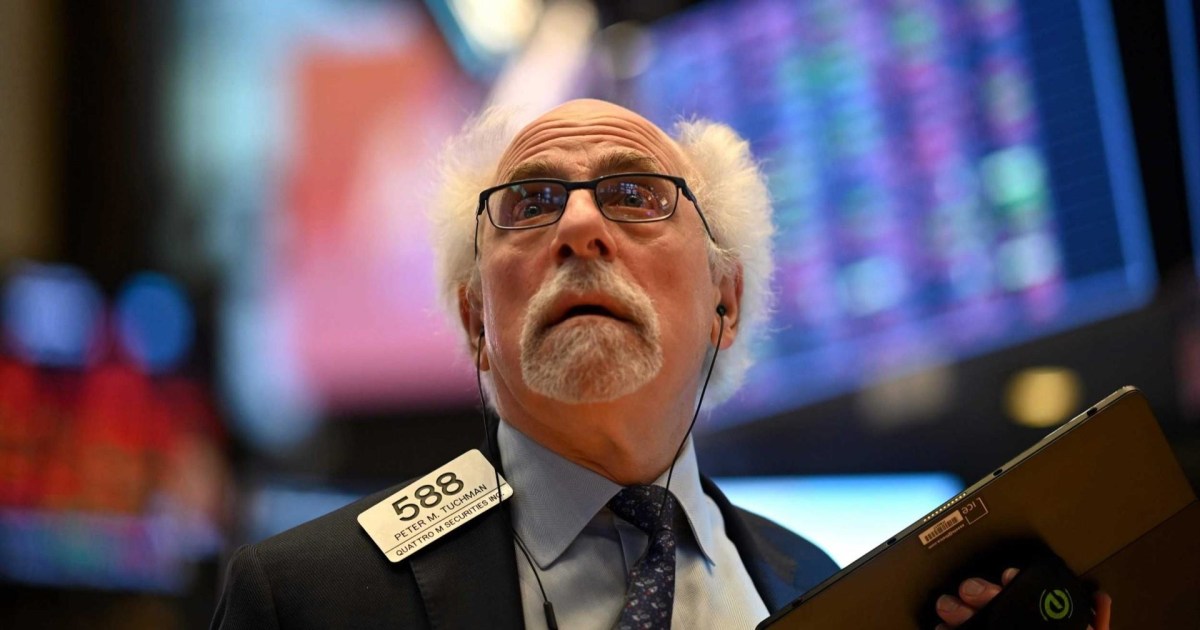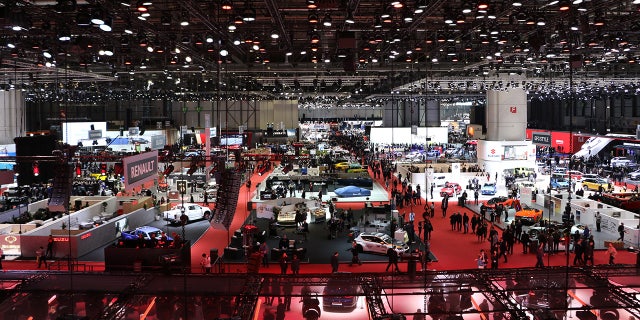
Joseph Coulombe, who in 1967 parsed a few cultural trends, added his retail instincts and created Trader Joe’s, the popular grocery chain known for unusual foods, a generous wine selection and a laid-back atmosphere, died on Friday at his home in Pasadena, Calif.. He was 89.
The death was confirmed by his son, Joseph.
In the mid-1960s Mr. Coulombe (pronounced coo-LOAM) owned a modest chain of convenience stores in the Los Angeles area, Pronto Markets, but began to realize he couldn’t compete with better-financed convenience chains like 7-Eleven.
He had noted that education levels in the United States were increasing and that Boeing was planning a new plane, the 747, that he thought would mean more international travel and thus more interest among Americans in exotic foods. He also read somewhere that the more education people had, the more alcohol they drank.
He fashioned those and other tidbits into Trader Joe’s, opening the first store in Pasadena, Calif. He gave it a South Seas motif, had employees wear tropical shirts and be extra friendly, and included exotic cheeses and foods from afar among the stock for the adventurous palate.
“I had no choice,” Mr. Coulombe told Supermarket News in 2002. “I had to do something different.”
Soon he was emphasizing natural foods, organic foods and other “green” trends and had launched Trader Joe’s own label for numerous products, many of them at low prices.
He envisioned the stores as being “for overeducated and underpaid people, for all the classical musicians, museum curators, journalists,” as he put it in an interview with The Los Angeles Times in 2011.
The founding sensibility remained as the chain grew. By the time Mr. Coulombe retired in 1988 (having sold his interest to the German company Aldi Nord in 1979 but having remained at the helm), there were either 19 or, by some accounts, 27 stores in Southern California.
His successor as chief executive, John V. Shields Jr., took the chain national. When the first Trader Joe’s opened in New York City in 2006, it was the 253rd. Today, according to the company’s website, there are more than 500.
The chain’s distinctive spot in the grocery landscape is evident from the way Mr. Coulombe’s creation has been described over the years.
“He grafted the gourmet store onto the convenience store onto the health food store onto the liquor store,” Los Angeles Magazine said in 2011.
“Equal parts gourmet shop, discount warehouse and Tiki trading post,” The New York Times said in 2014.
And Fortune magazine, in 2010, described Trader Joe’s as “an offbeat, fun discovery zone that elevates food shopping from a chore to a cultural experience.”
Whatever the description, for Mr. Coulombe the key was keeping the focus on the target group he originally envisioned, those “overeducated, underpaid” consumers eager for healthy products at a good price.
“What you want is a coherent group of customers,” he told Investor’s Business Daily in 1998, “and you shape yourself around it.”
Joseph Hardin Coulombe was born on June 3, 1930, in San Diego. His father, also named Joseph, was an engineer at Convair, an aircraft manufacturer, and his mother, Carmelita (Hardin) Coulombe, was a teacher. Although he would make his mark with stores known for interesting, healthy foods, the cuisine of his childhood, he told Los Angeles Magazine, was dominated by New England boiled dinners, a legacy of his paternal grandmother, and bacon-fat-heavy “Southern suicide cuisine” from his mother’s side of the family.
Mr. Coulombe graduated from San Diego High School in 1947 and earned a bachelor’s degree in economics at Stanford. He also served a year in the Air Force.
After earning a master’s degree at Stanford in 1954, he went to work for the drugstore chain Rexall, which set him to the task of developing a chain of convenience stores. His preparation for that included driving his family around the various neighborhoods of Los Angeles, studying the demographics and possible locations. His son recalled learning to count by counting parking spaces at potential sites.
He had six Pronto Markets up and running when Rexall changed directions and told him to liquidate them; instead he borrowed money and bought them himself, leaving Rexall. He had grown the chain to 18 stores when 7-Eleven set its sights on the Los Angeles market.
“They were so huge, I decided I’d better get the hell out of convenience-store retailing,” he told The San Diego Union-Tribune in 1987.
Mr. Coulombe prided himself on paying his employees well and on an ever-changing display, one of the things that set him apart from supermarkets.
“We deliberately pursued a policy of discontinuity, as opposed to, say, Coca-Cola, which is in infinite supply,” he told The Los Angeles Times in 2011. “For example, we had the only vintage-dated, field-specific canned corn in existence, and it was the best damned canned corn there was. But there was only so much produced every year, and when you’re out, you’re out.”
In addition to his son, Mr. Coulombe is survived by his wife, Alice (Steere) Coulombe, whom he met when both were students at Stanford and married in 1952; two daughters, Charlotte Schoenmann and Madeleine Coulombe; and six grandchildren.
Another point of pride for Mr. Coulombe was that someone taste-tested what he sold. Sometimes it was a staff member. Often it was Mr. Coulombe himself.
“I must sample about 4,000 wines a year,” he told The New York Times in 1987. “Of course, we don’t buy them all.”
Daniel E. Slotnik contributed reporting.
https://news.google.com/__i/rss/rd/articles/CBMiQmh0dHBzOi8vd3d3Lm55dGltZXMuY29tLzIwMjAvMDIvMjkvYnVzaW5lc3Mvam9lLWNvdWxvbWJlLWRlYWQuaHRtbNIBRmh0dHBzOi8vd3d3Lm55dGltZXMuY29tLzIwMjAvMDIvMjkvYnVzaW5lc3Mvam9lLWNvdWxvbWJlLWRlYWQuYW1wLmh0bWw?oc=5
2020-02-29 11:25:00Z
52780639202251





